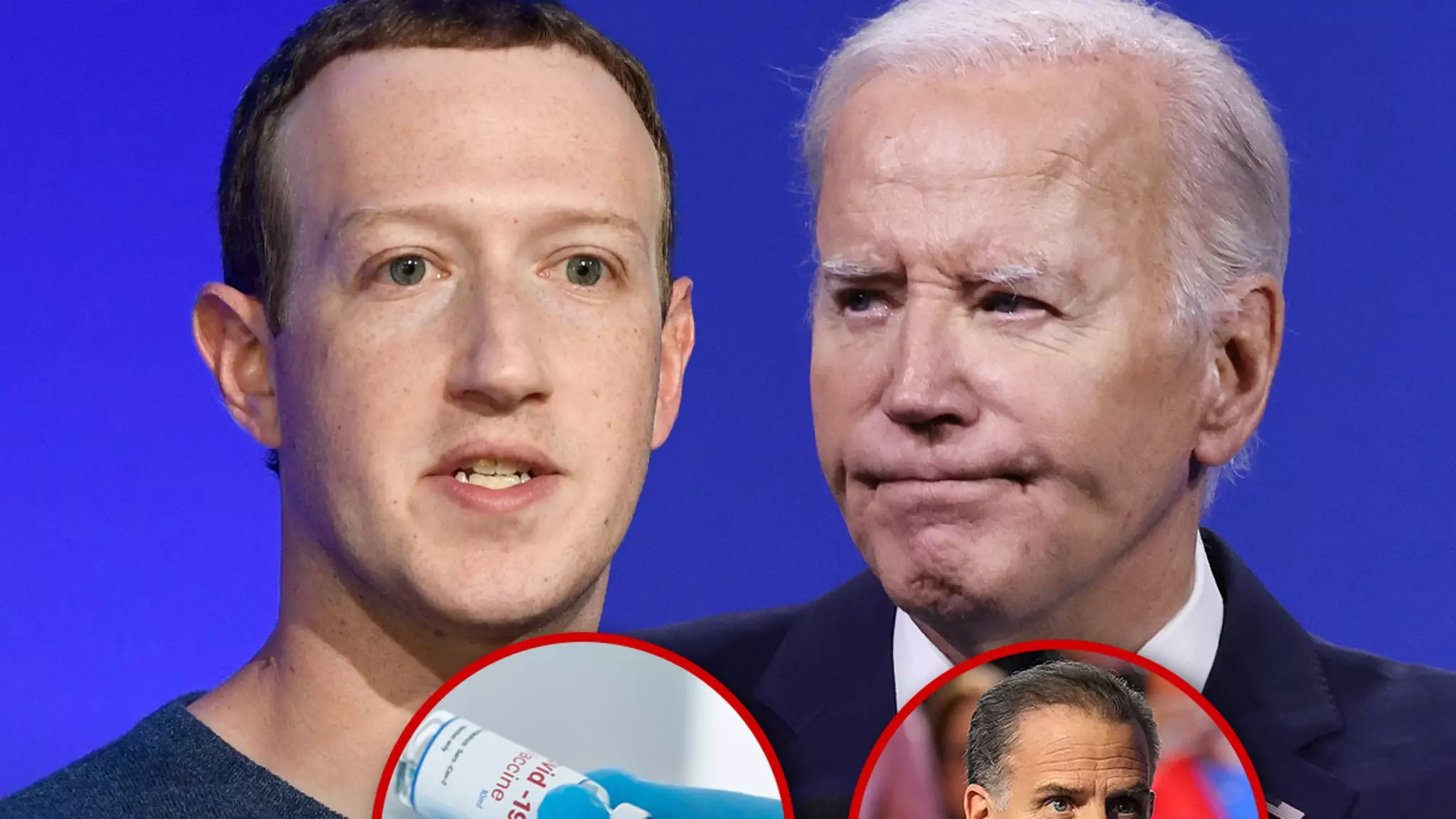The recent revelation made by Mark Zuckerberg about the Biden administration’s alleged censorship demands during the COVID-19 pandemic has stirred up a significant controversy. According to Zuckerberg, senior officials from the White House pressured META to suppress content that contradicted the official narrative. This has raised concerns about the extent of political influence on social media platforms.
Zuckerberg’s statement about complying with the Biden administration’s requests to censor humor, satire, and pandemic-related content reflects a concerning trend. The Meta CEO expressed regret over his decision to give in to political pressure, emphasizing the importance of upholding content standards independently. This incident highlights the complex relationship between tech giants and government authorities.
The acknowledgment of Meta’s role in suppressing New York Post stories about Hunter Biden and his laptop during the 2020 election further underscores the challenges faced by social media companies. The FBI’s warning about a potential disinformation operation targeting the Bidens led to the temporary demotion of the story. However, Zuckerberg admitted that the reporting was not linked to Russian disinformation, indicating a misstep in judgment.
Zuckerberg’s reassurance to the House Judiciary Committee Chairman about implementing new policies and processes to prevent future instances of political interference is a step in the right direction. By acknowledging past mistakes and committing to transparency, Meta aims to rebuild trust with its users and mitigate the impact of external pressures on content moderation.
The incident involving the Biden administration’s alleged censorship demands on Meta raises important questions about the balance between freedom of expression and political influence on social media platforms. As tech companies navigate the complex landscape of content moderation, it is crucial for them to prioritize impartiality, transparency, and user trust to uphold democratic values in the digital age.

Leave a Reply